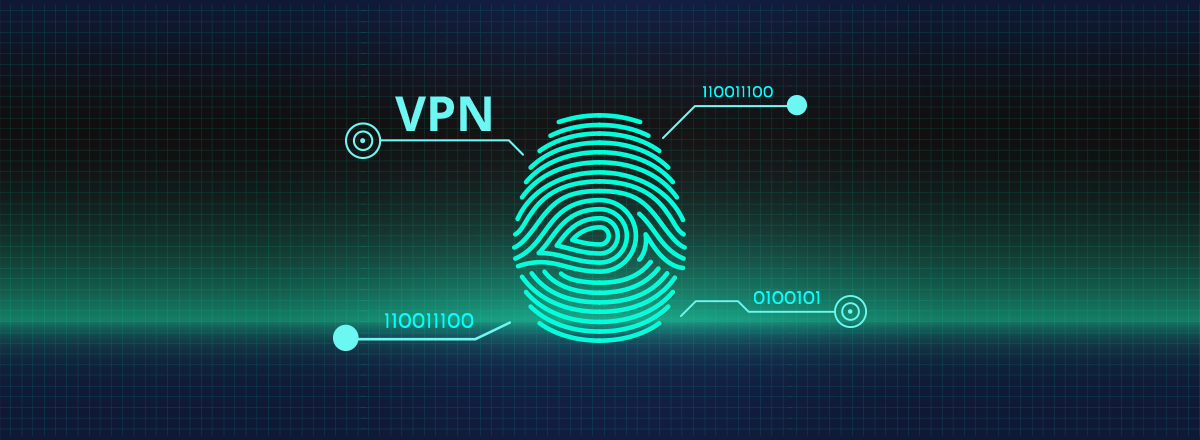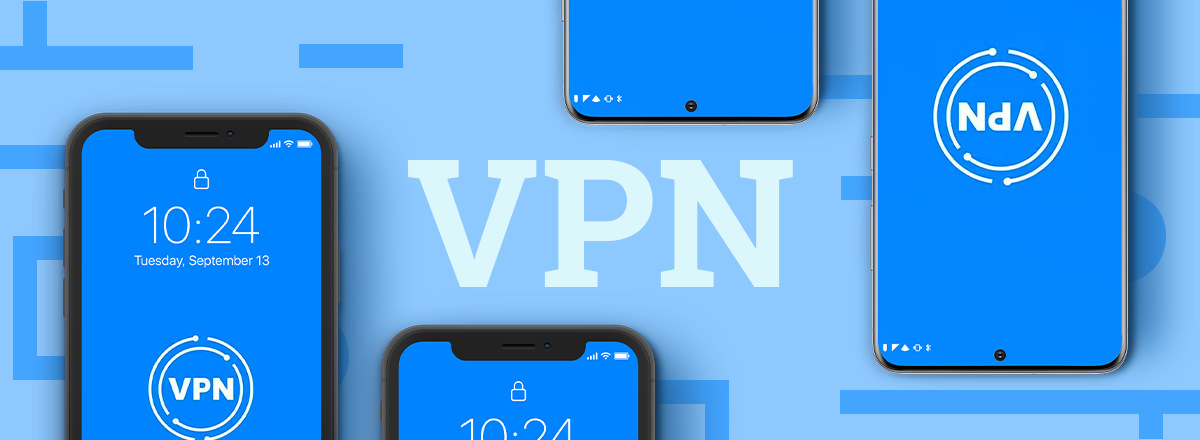VPN technology is being mentioned on social networks and media more and more often. This happens because people’s favorite online services suddenly get blocked, and states openly share their plans to collect more information about Internet users. In this article, we are figuring out in detail why you need a VPN and when it will come in handy.
A VPN (Virtual Private Network) is a set of technologies that allow you to combine distributed devices into one logical network. In simple terms, a VPN creates a local network on top of a regular Internet connection. Thanks to this, wonderful things like encrypting transmitted data, changing geolocation, and bypassing site blocking happen. This way, a kind of a “protected tunnel” is created.
Here’s a simple example of when to use a VPN: you need to bypass site blocking. VPN connects you to a server in another country, creating a network between the computer and the server that provides Internet access. As a result, you get to the right resource, since there are no restrictions abroad.
Why do you need a VPN?
1. To secure your corporate work network
VPN allows you to secure your corporate work network thanks to data encryption. It will be more difficult for attackers to break into the system and steal any information. By the way, this is important both for employees working in the office and for those who have been quarantined and now work remotely somewhere in the suburbs. VPN creates a secure online workspace that you can access from anywhere in the world.
2. To bypass site blocking
Every gadget has an IP address for Internet access, and it helps to easily determine your location. VPN can change it, for example, from Chinese to American, Australian, or other. This opens access to blocked resources in any country.
3. To change your geolocation
You may need to change the IP address when you want to connect to an online music service that is not yet available in your country. But such a trick will not always work – some sites can recognize and block those who use a VPN.
4. To avoid scammers
It’s not that easy for cybercriminals to intercept your bank card data or other information due to their VPN encryption. This is not a panacea, but you can definitely sleep better. And also, a VPN helps to reduce risks when using public Wi-Fi.
5. To become anonymous
VPN will hide the pages on the Internet that you visited from an Internet service provider or advertisers. This way, thanks to the anonymity provided by a VPN, services will not be able to find out detailed information about you and show you banners based on this information.

It is important to choose the right VPN
VPN services can either be paid or free, but the probability that the latter will be more reliable is not so high. Therefore, the choice of VPN should be taken seriously and carefully. In the following articles, we will compare popular VPN services and tell you how to make the right choice.















